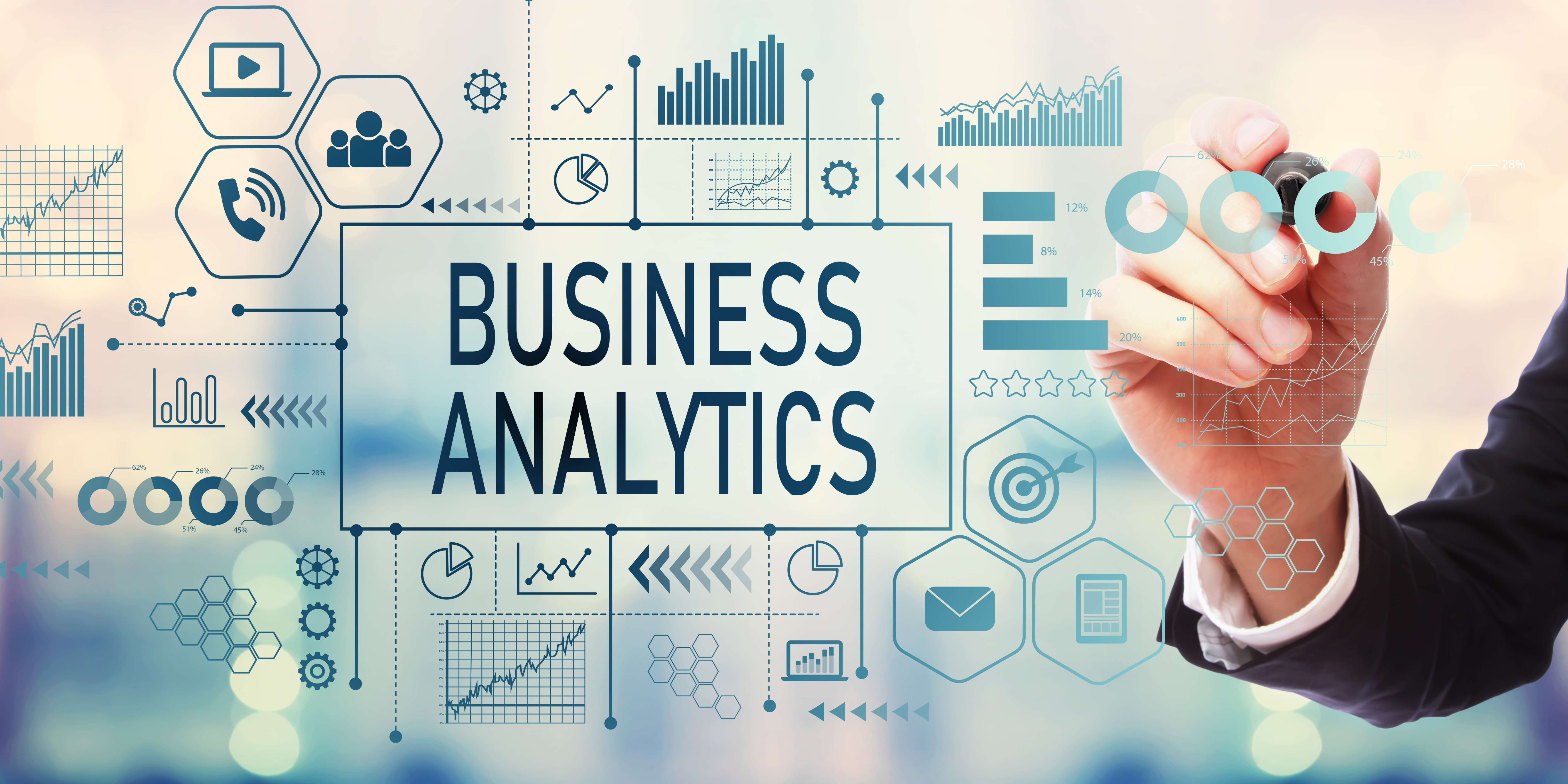Introduction
In the dynamic landscape of modern business, staying ahead requires more than just intuition; it demands informed decision-making based on data-driven insights. Business analytics, a field gaining increasing prominence, empowers organizations to convert raw data into actionable strategies. Let’s delve into the world of business analytics, exploring its facets, applications, challenges, and future prospects.
Understanding Business Analytics
At its core, business analytics involves the systematic analysis of data to derive meaningful insights. It encompasses descriptive analytics, focusing on historical data; predictive analytics, forecasting future trends; and prescriptive analytics, recommending actions for optimal outcomes. This comprehensive approach enables organizations to gain a holistic view of their operations.
Evolution of Business Analytics
The roots of business analytics can be traced back through the annals of business history. However, its true potential has been unleashed with technological advancements. The integration of big data, artificial intelligence, and machine learning has transformed business analytics from a retrospective tool to a proactive strategy.
Applications in Various Industries
Business delawareupdates.com is not confined to specific sectors; its utility extends across industries. In finance, analytics aids risk management; in healthcare, it enhances patient care through predictive modeling. The retail sector utilizes analytics for demand forecasting and personalized marketing.
Benefits for Small and Large Businesses
Both small enterprises and corporate giants stand to gain from embracing business analytics. The ability to make informed decisions, enhance operational efficiency, and gain a competitive edge are among the myriad benefits it offers.
Challenges in Implementing Business Analytics
While the advantages are evident, challenges persist. Data quality, integration issues, and a shortage of skilled professionals pose hurdles. Moreover, privacy concerns surrounding the collection and use of data necessitate a balanced approach.
Key Tools and Technologies
An array of analytics tools, from traditional statistical methods to cutting-edge machine learning algorithms, empowers organizations. The role of artificial intelligence, with its ability to process vast datasets swiftly, is becoming increasingly integral.
Business Analytics and Digital Transformation
In the era of digital transformation, business analytics plays a pivotal role. Integration with digital initiatives and a profound impact on organizational culture are reshaping how companies operate.
Successful Case Studies
Numerous companies have embraced business analytics with remarkable success. From improved customer satisfaction to streamlined operations, these case studies illustrate the tangible benefits achievable through strategic analytics implementation.
Future Trends in Business Analytics
The future of business analytics is poised for exciting developments. Predictive analytics leveraging augmented reality, blockchain applications, and the integration of Internet of Things (IoT) devices are set to redefine the landscape.
How to Get Started with Business Analytics
For organizations contemplating the adoption of business analytics, a strategic approach is paramount. Identifying objectives, assessing data readiness, and investing in the right technology are crucial steps.
Training and Skill Development
The growing demand for skilled professionals in business analytics necessitates comprehensive training programs. Organizations must invest in upskilling their workforce to harness the full potential of analytics.
ROI of Business Analytics Investments
Calculating the return on investment for analytics initiatives is vital. While the initial investment may seem significant, the long-term benefits, including improved efficiency and strategic decision-making, far outweigh the costs.
Common Misconceptions About Business Analytics
Dispelling myths surrounding business analytics is crucial for fostering a true understanding of its value. From misconceptions about complexity to doubts about its applicability to small businesses, addressing these concerns is imperative.
Conclusion
In conclusion, business analytics is not just a tool; it’s a transformative force that propels organizations into a future where decisions are not just intuitive but informed by robust data. Embracing this paradigm shift is essential for businesses aiming not just to survive but to thrive in the competitive landscape.
FAQs About Business Analytics
- Q: Is business analytics only for large corporations?
- A: No, business analytics benefits businesses of all sizes, providing valuable insights for informed decision-making.
- Q: How does business analytics handle data privacy concerns?
- A: Privacy is a priority in business analytics. Strategies include anonymizing data and complying with relevant regulations.
- Q: Can small businesses afford to invest in business analytics?
- A: Yes, there are scalable analytics solutions that cater to the specific needs and budgets of small businesses.
- Q: What skills are essential for a career in business analytics?
- A: Analytical skills, statistical knowledge, and proficiency in analytics tools are crucial for a successful career in business analytics.
- Q: How long does it take for a business to see tangible results after implementing analytics?
- A: The timeline varies, but organizations often witness positive impacts within a few months of strategic analytics implementation.





